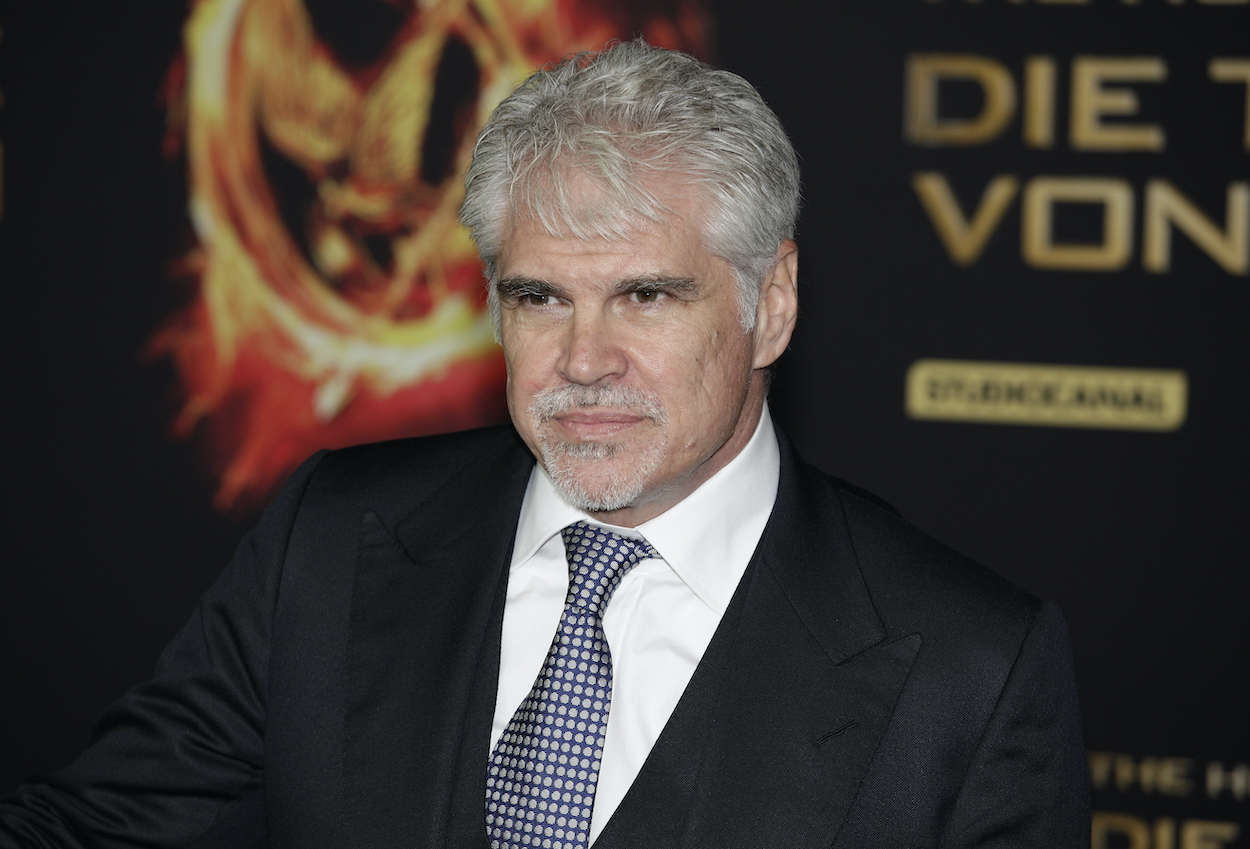‘The Hunger Games’ at 10: Director Gary Ross Reveals Why He Walked Away From the Sequel
The Twilight movie franchise, which debuted in 2008, showed young adult novels could play well (and make money) on the silver screen. Then, The Hunger Games came along and proved it.
As with almost any popular book series to movie adaptation, the filmmakers had to change some small details. Still, the Gary Ross-directed debut film in 2012 was more or less a faithful retelling of the novel.
With The Hunger Games film franchise turning 10 in 2022, Ross revisited the first film, revealed why he had to turn down the sequel, and why it turned out to be something of a blessing.
Gary Ross chose ‘The Hunger Games’ cast and wrote and directed the movie
When it came time to adapt Suzanne Collins’ novels for the big screen, Ross was heavily involved from the beginning.
He read the books, spoke with Collins about them, and wrote the screenplay. Ross was also heavily involved when it was time to cast the roles. He had a pretty good idea whom he wanted for the starring roles before casting began, but Lionsgate asked him to audition dozens of stars, he revealed to The Hollywood Reporter.
In the end, Jennifer Lawrence had a star-making turn as Katniss Everdeen. Liam Hemsworth had a breakout role as Gale Hawthorne. And Josh Hutcherson continued his acting ascent as Peeta Mellark.
Woody Harrelson, Elizabeth Banks, Donald Sutherland, and Stanley Tucci had supporting roles, and in short order, a blockbuster movie franchise was on the way to being born.
The Hunger Games earned $152.5 million opening weekend, made close to $700 million worldwide, and remains in the top 40 highest-grossing movies ever 10 years after its release, per Box Office Mojo. All told, the four films grossed more than $1.45 billion at the box office.
Ross had his fingerprints all over a smash hit and the chance to guide the franchise throughout its lifespan. But that’s part of the reason he had to say no to making the sequel.
Ross turned down the sequel because of the timeline

With a worldwide phenomenon on its hands, Lionsgate understandably wanted to move quickly on the follow-up, Catching Fire. Ross had every intention of staying involved in the sequel, but the compressed timeline meant he had to say no to writing or directing.
Ross admitted it was hard to say no, but he didn’t see any feasible way to wear writer and director hats while also sticking to a strict deadline to start production on the sequel. He told The Hollywood Reporter:
“Well, it was a very hard decision. I think what people didn’t realize is that I had two jobs. I wrote and I directed, and you do one of those things before you do the other. There was honestly no time to do both well in the three-and-a half months between movies, so I moved on.”
Simon Beaufoy and Michael Arndt wrote the Catching Fire screenplay, and Francis Lawrence directed. Lawrence directed the final two installments of the quadrilogy, as well as the follow-up The Ballad of Songbirds and Snakes, which has a 2023 release.
Ross, meanwhile, pursued a passion project.
Moving on was a blessing for Ross
Without a tight deadline on the horizon, Ross had time to devote to his next project. Free State of Jones, which Ross wrote and directed, hit theaters in 2016. And though it didn’t smash the box office, he told The Hollywood Reporter it remains one of his favorite pieces of work.
Considering Ross wrote or directed movies such as Big, Dave, Pleasantville, Seabiscuit, and Ocean’s Eight, the fact that the 2016 Matthew McConaughey movie remains a personal favorite indicates how close it is to his heart.
A big-money sequel went by the wayside. But Ross’ career didn’t suffer, and he still got to have his name all over a certified blockbuster.


